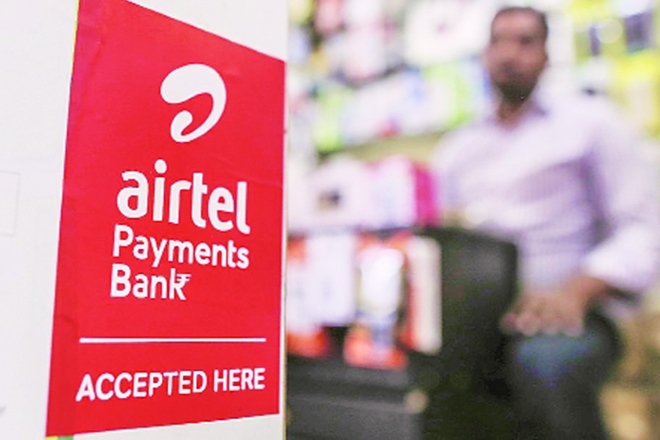Airtel Africa Introduces AI-Powered Spam Alert Service in Nigeria
Airtel Africa has recently launched an innovative artificial intelligence (AI)-powered spam alert service in Nigeria, aimed at protecting subscribers from the rising issue of spam messages and SMS fraud. This cutting-edge service is automatically activated for all Airtel customers, eliminating the need for additional app downloads and catering to both smartphone and feature phone users.
The AI system works by analyzing more than 250 parameters in real-time, including the sender’s usage patterns such as SMS frequency and the geographical distribution of targets. Any suspicious messages are flagged as “Suspected SPAM,” alerting users without compromising their privacy, as the AI does not delve into the content of individual SMS messages. Moreover, the system includes a centralized database of blocked URLs to warn customers about malicious web links received via SMS.
Dinesh Balsingh, the Managing Director and Chief Executive Officer of Airtel Nigeria, expressed his pride in unveiling Africa’s first AI-powered spam alert solution, deeming it a game-changer for the continent’s telecom industry. He emphasized Airtel’s dedication to addressing customer challenges through proactive, technology-driven solutions.
The introduction of this service underscores a broader trend of integrating AI into telecommunications to enhance consumer protection and combat fraud. AI and machine learning algorithms can swiftly identify anomalies in real-time, significantly reducing fraudulent activities like unauthorized network access and fake profiles. By automating the detection of irregular patterns, AI enables telecom companies to promptly respond to emerging threats, thereby minimizing potential harm.
In Nigeria, the prevalence of spam messages and SMS fraud has led to considerable financial losses and eroded consumer trust in digital communications. By deploying AI-powered solutions like Airtel’s spam alert service, telecom operators can bolster their fraud detection capabilities, safeguard their revenue streams, and elevate customer satisfaction. This initiative not only safeguards consumers but also fortifies the integrity of the telecommunications industry across the region.
The service is slated for launch in other countries where Airtel operates in the coming months, marking a significant stride towards leveraging advanced technology to enhance user experience and security within Africa’s telecommunications sector. As AI continues to evolve, its role in fraud prevention is anticipated to become more sophisticated, equipping telecom companies with robust tools to combat increasingly intricate fraudulent activities.
Furthermore, other telecom operators across Africa are also taking proactive measures to combat fraud in the sector. In South Africa, Cell C, MTN, and Telkom have joined the GSMA’s Open Gateway program to address fraud and identity theft. The proactive adoption of such technologies is crucial for outmaneuvering fraudsters and upholding the security and reliability of telecommunications services throughout the continent.
In conclusion, Airtel Africa’s launch of the AI-powered spam alert service in Nigeria signifies a significant step towards enhancing consumer protection and combating fraud in the telecom industry. By harnessing the power of AI, telecom operators can fortify their defenses against fraudulent activities, safeguarding their customers and fostering trust in digital communications.








